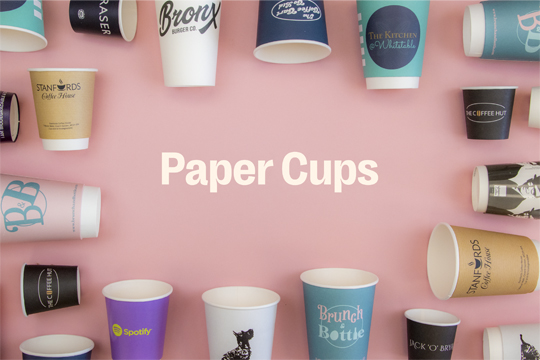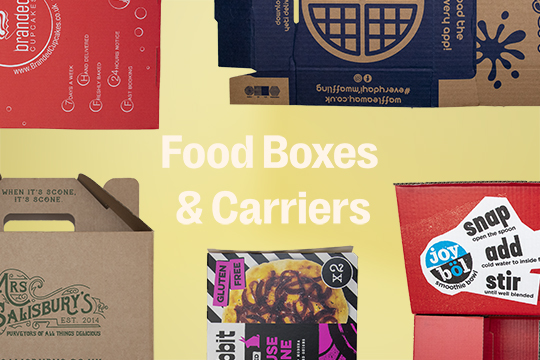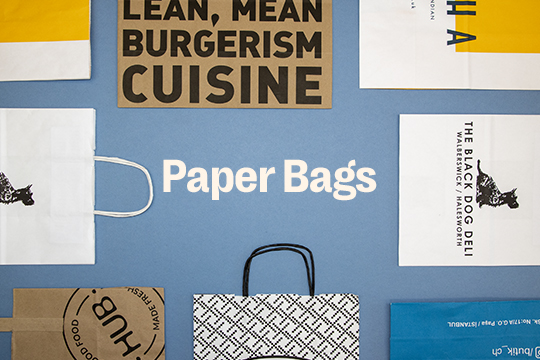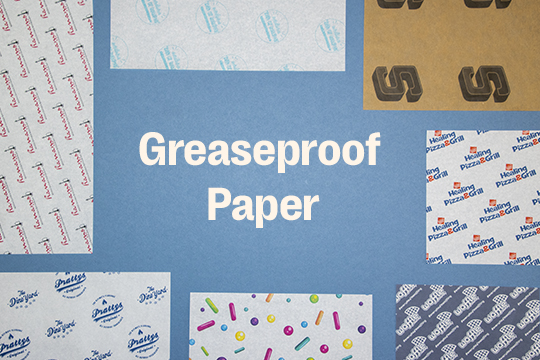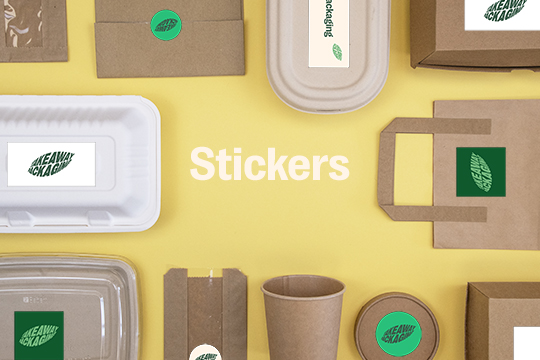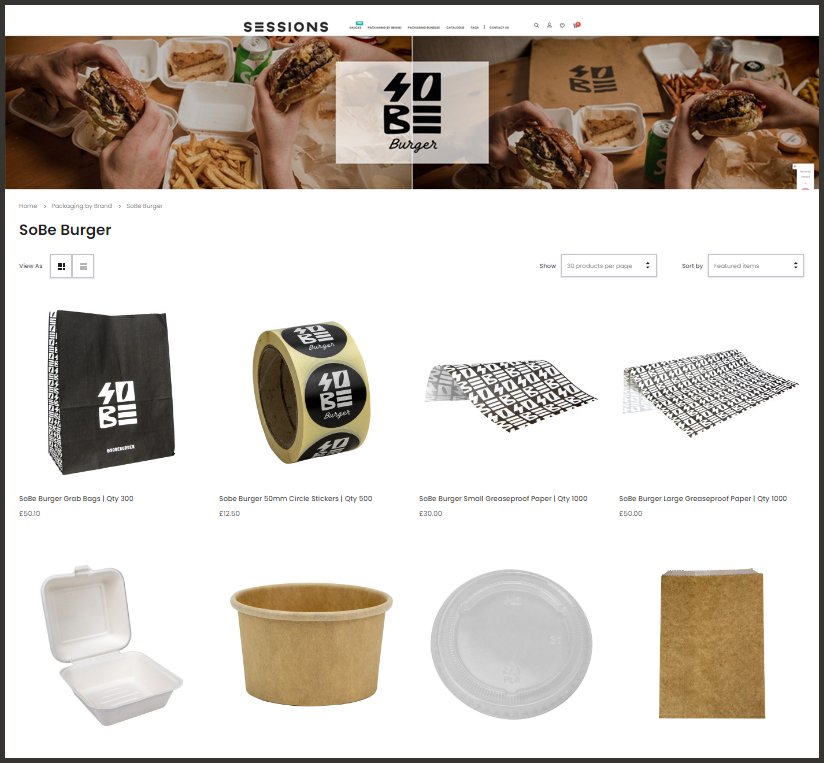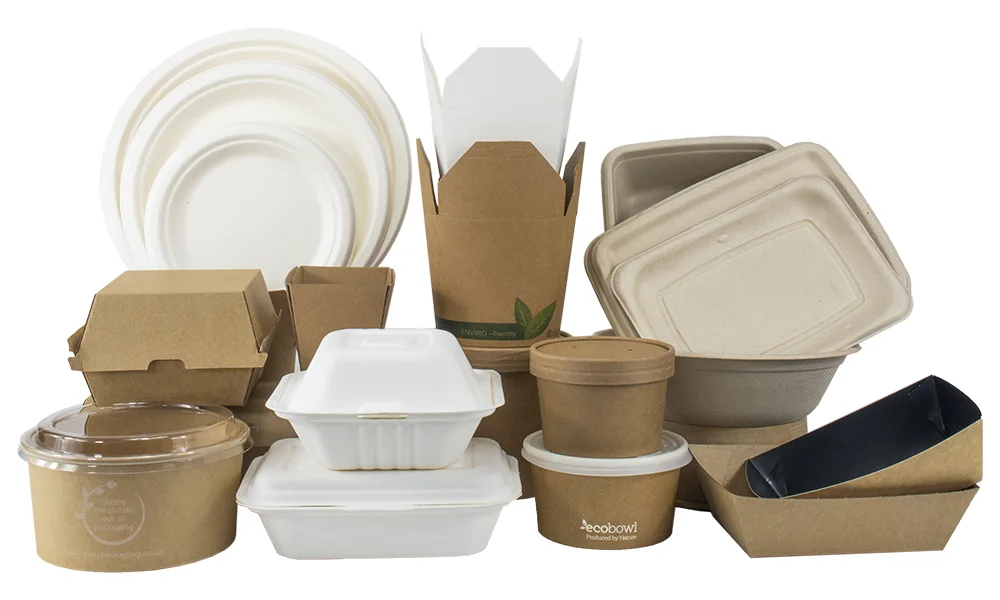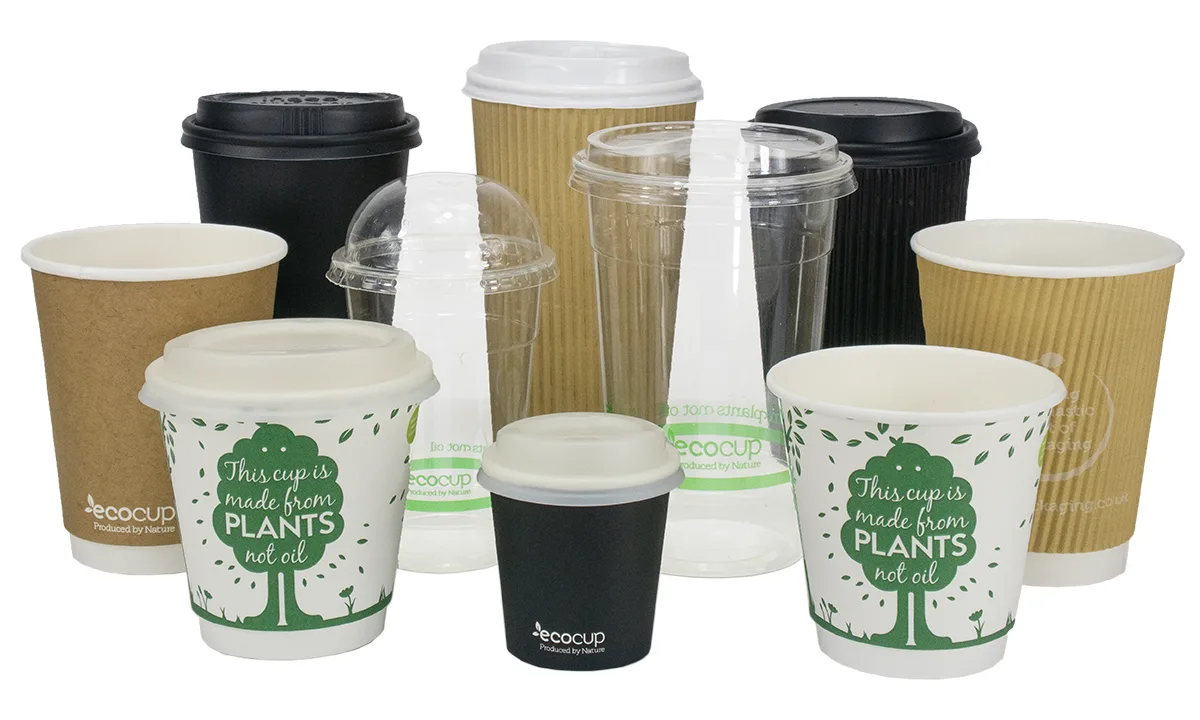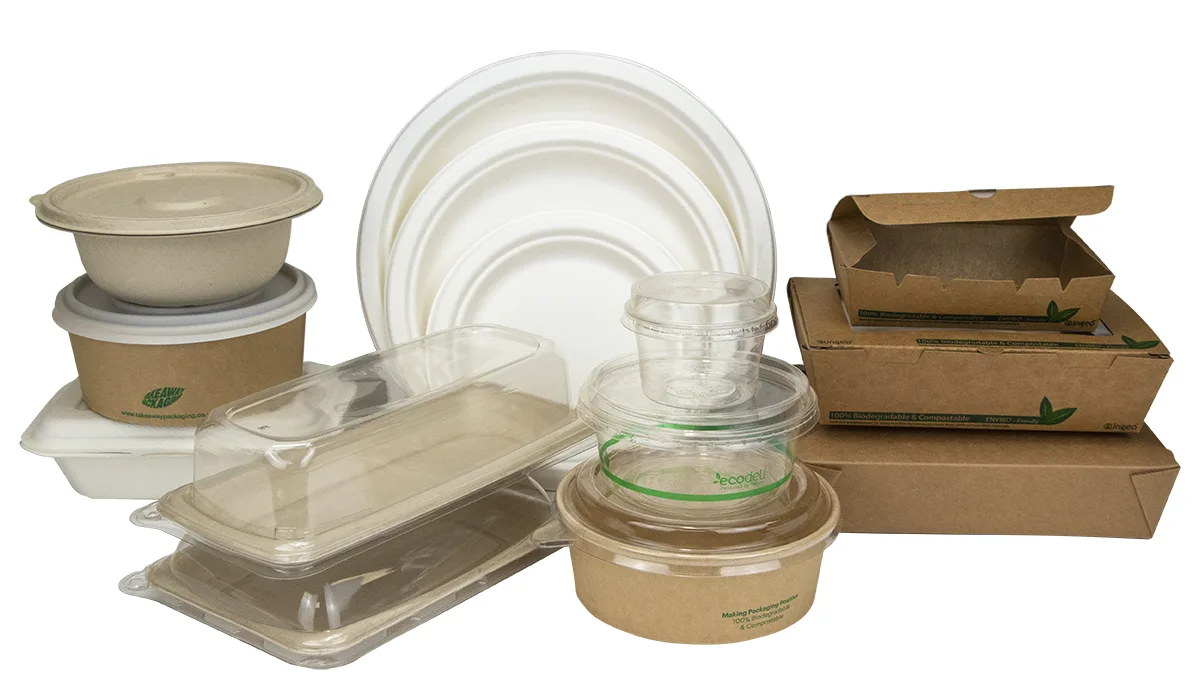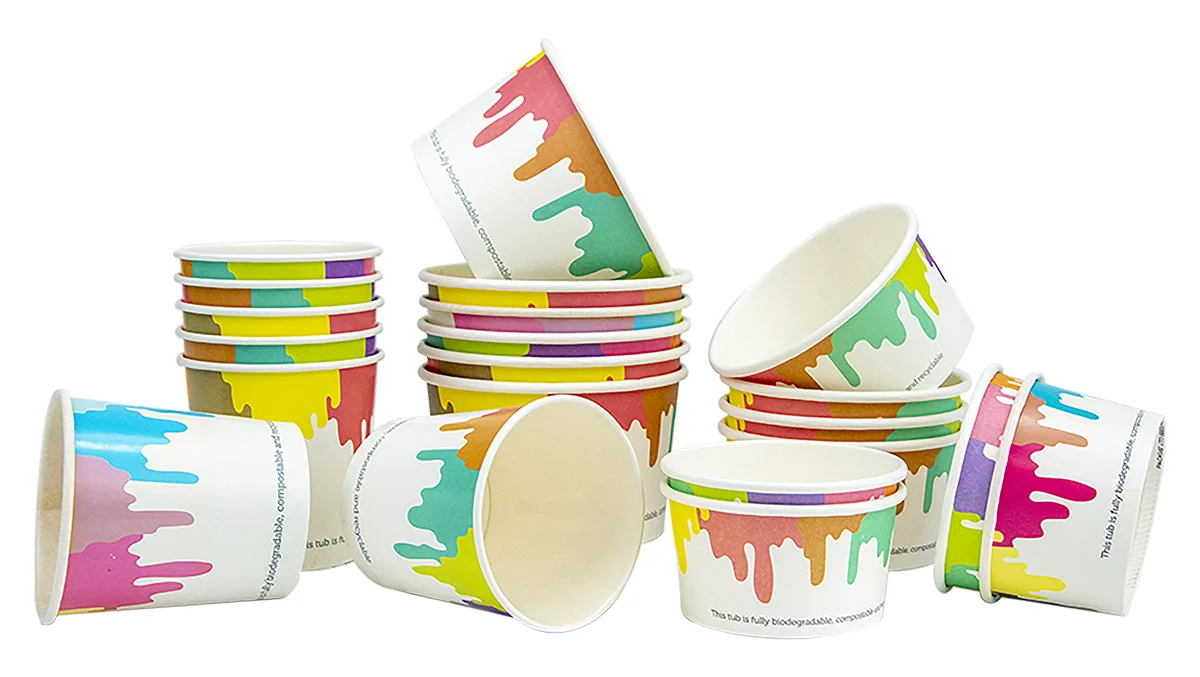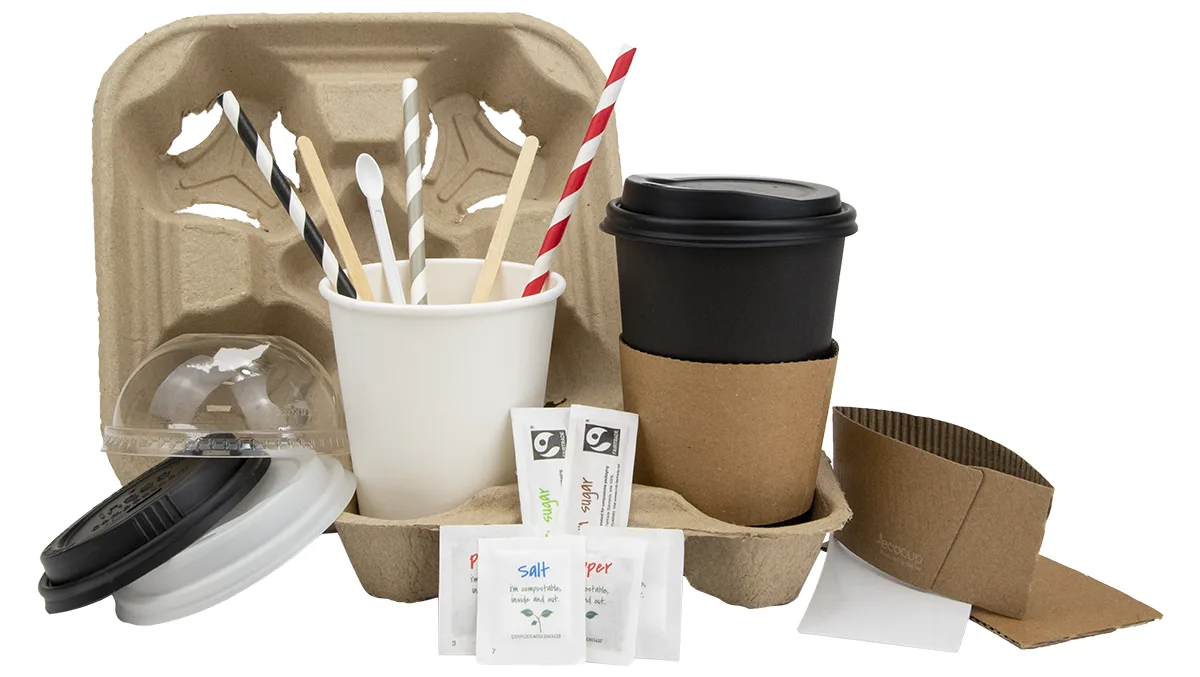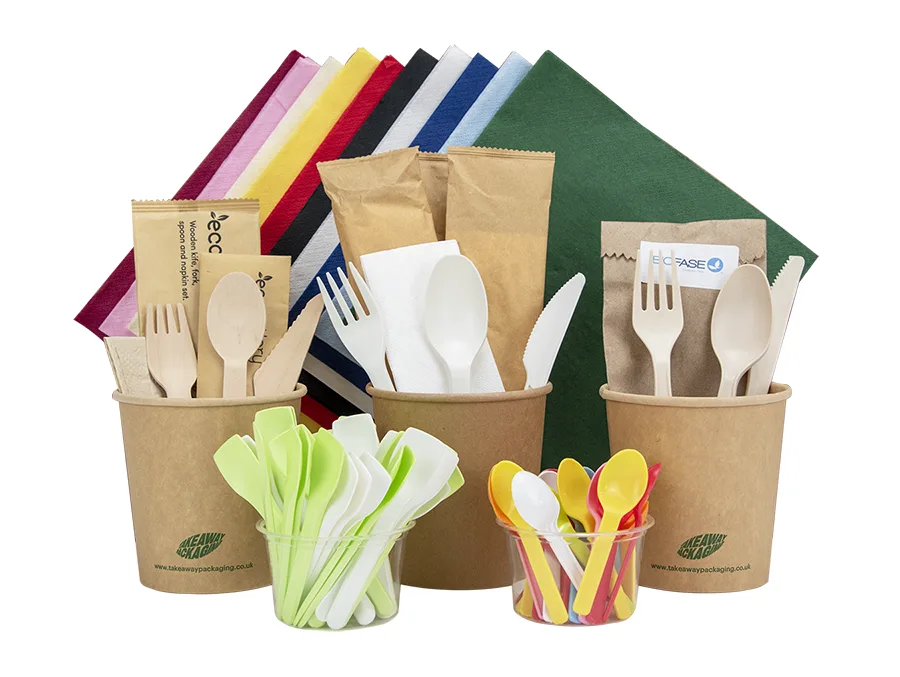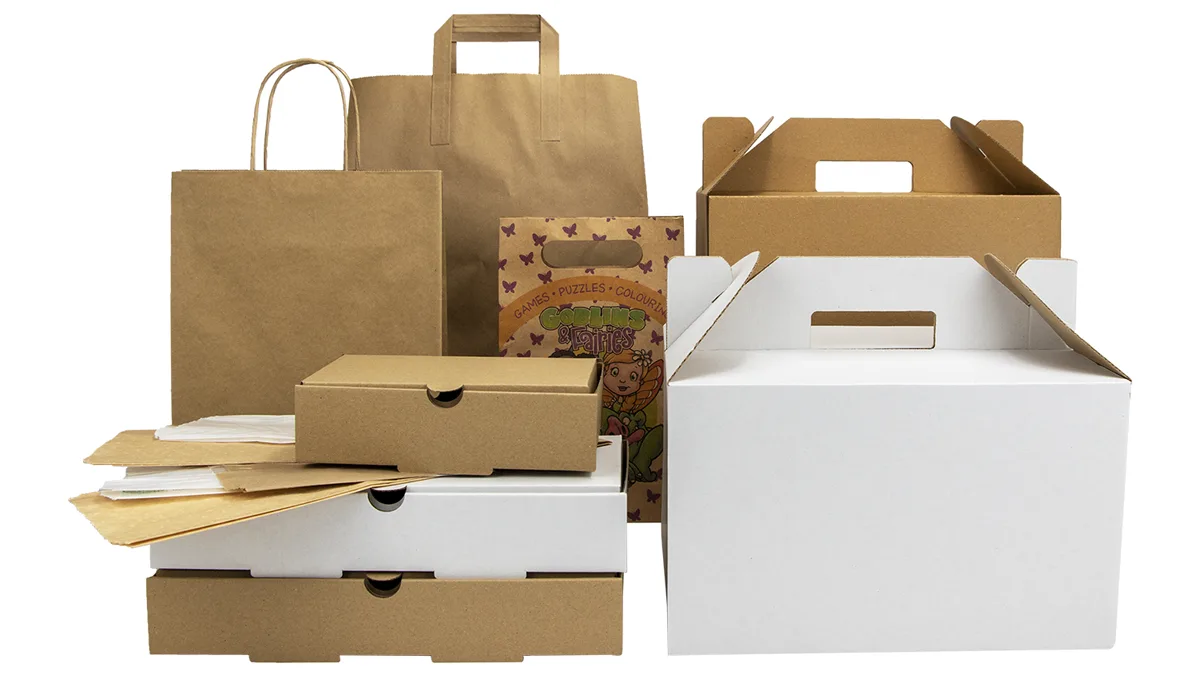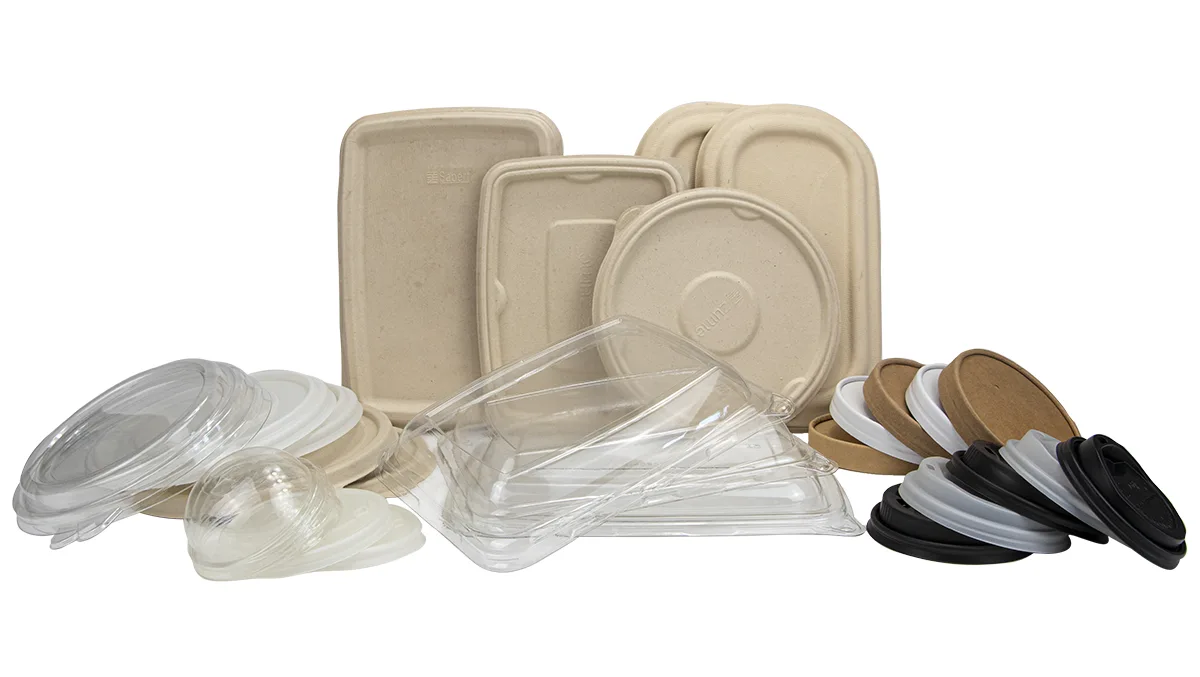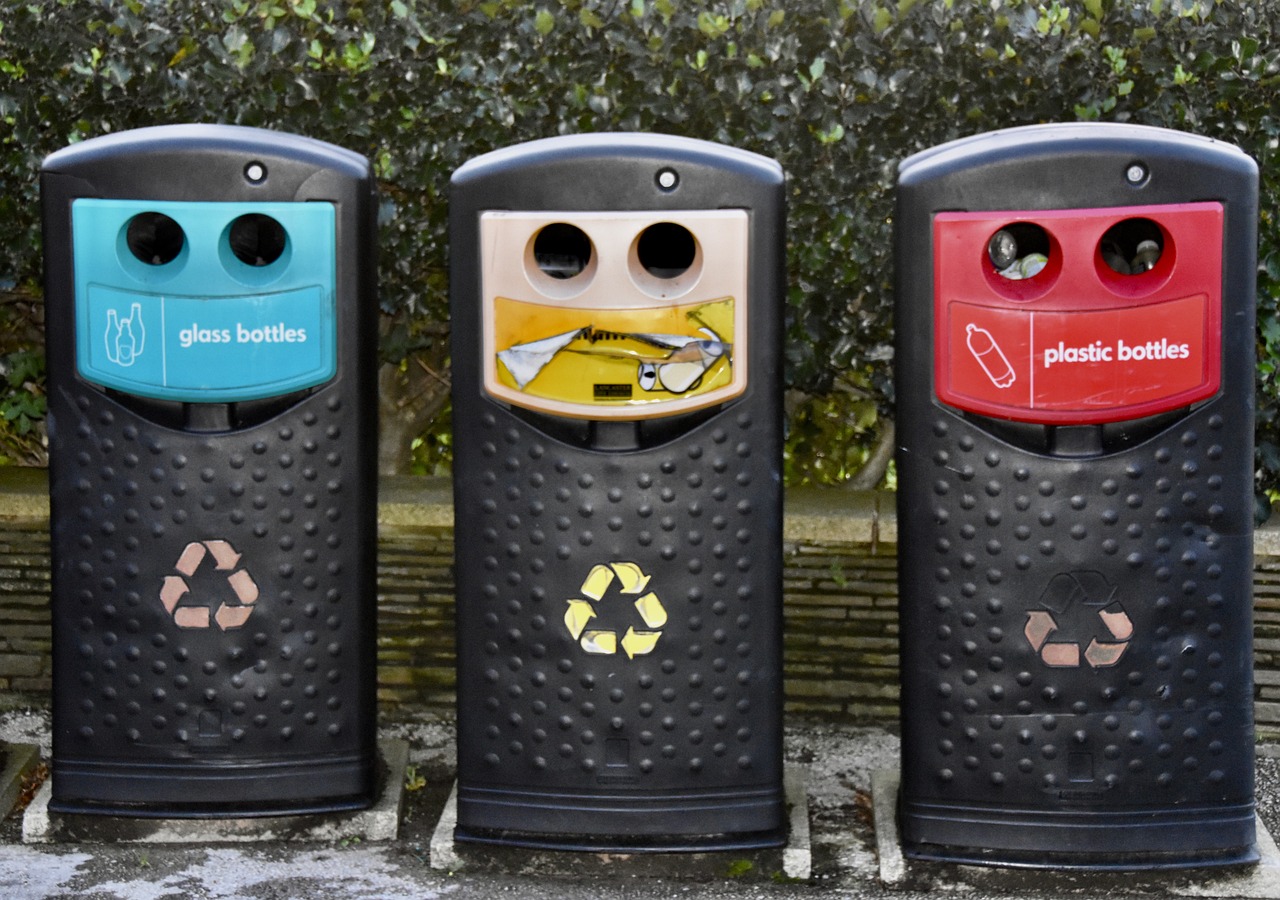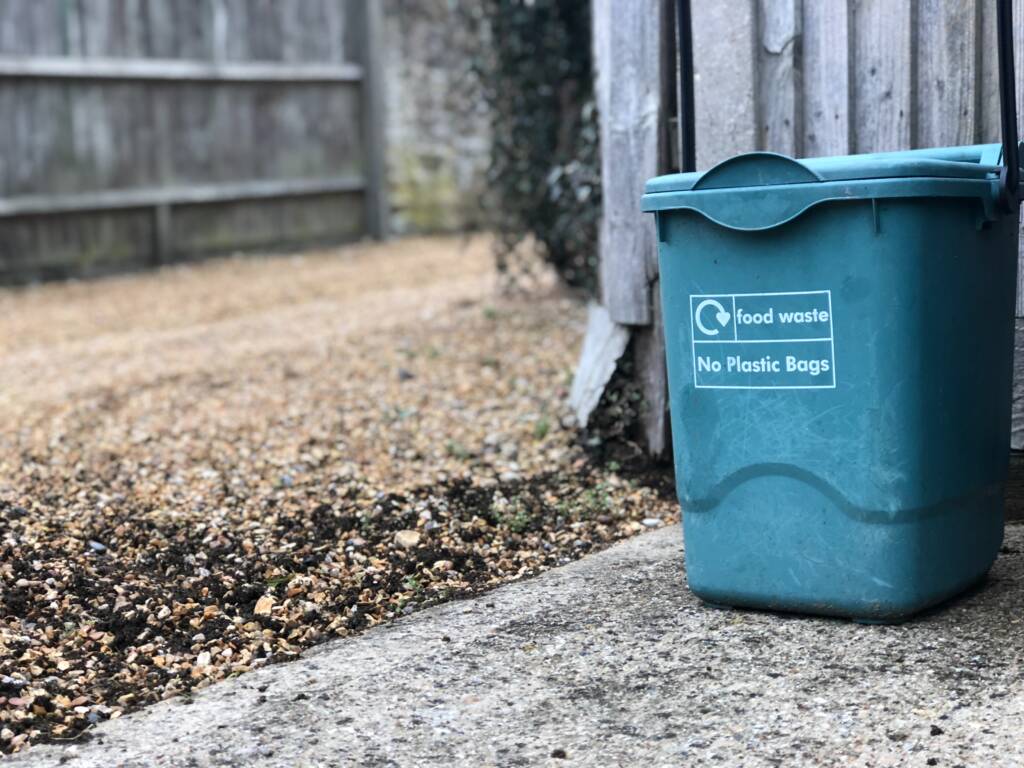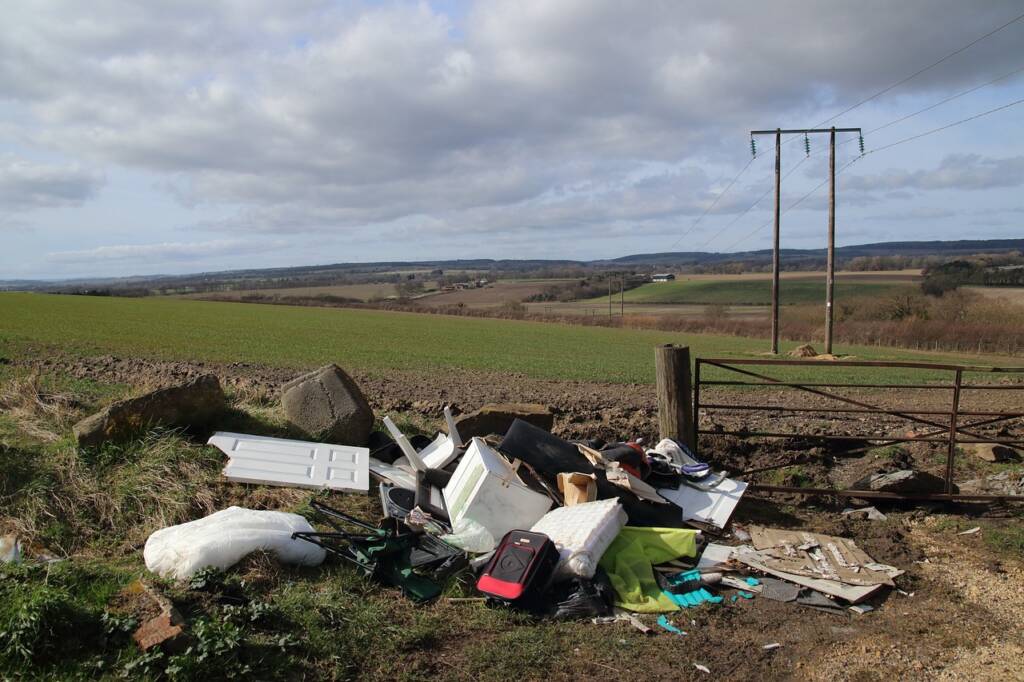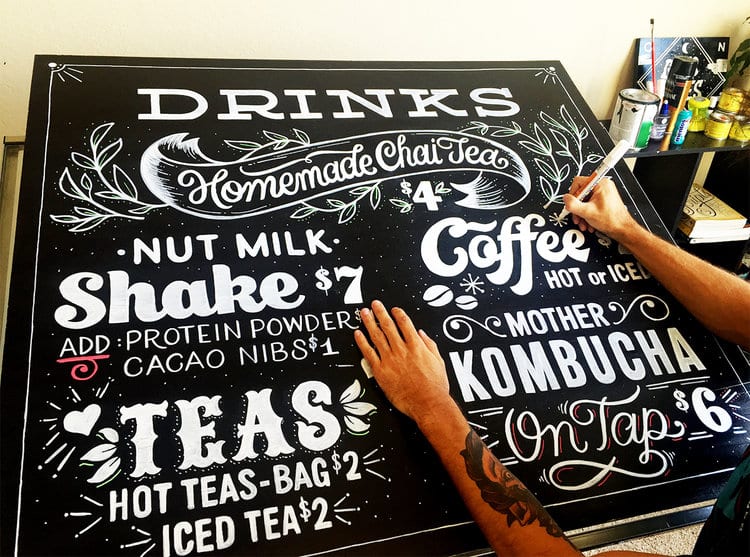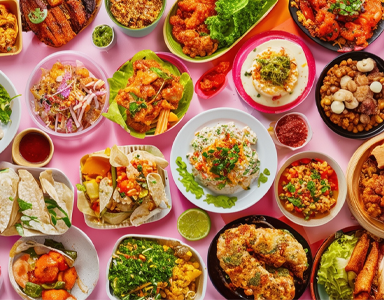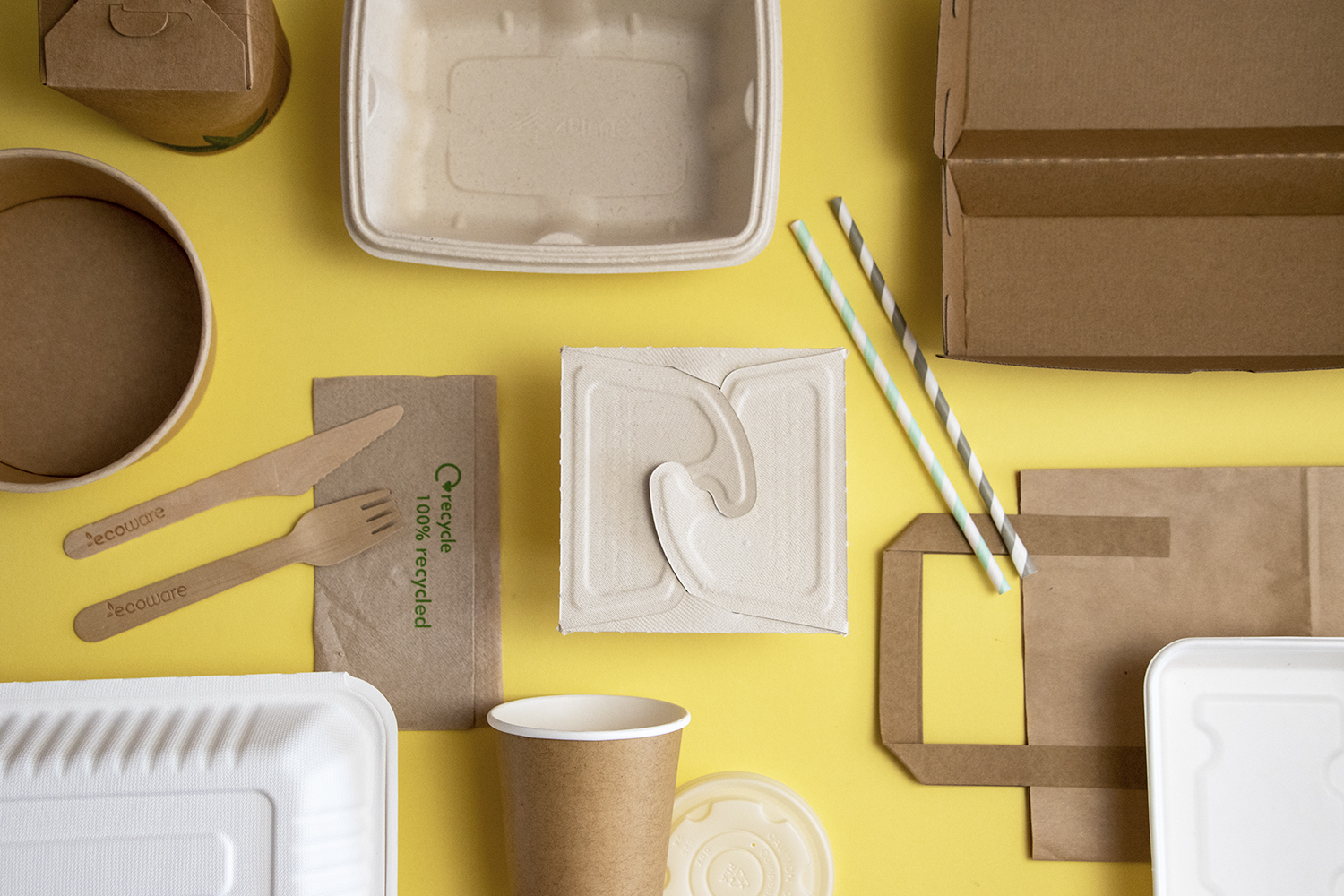In October 2023, new, simpler recycling reforms were announced across England in a bid to simplify waste streams throughout the nation. These new rules will require all organisations and households to have separate food waste and recycling collections by the end of March 2025.
The primary objective of these reforms is to improve recycling efforts and reduce the volume of biodegradable waste and recyclable materials ending up in landfills. If effective, this will ultimately cut down on carbon emissions and help to protect the environment.
In this article, we’ll delve into the new, simpler recycling reforms and provide information on how they could impact your business. We’ll also give you some handy tips to help you transition seamlessly to a more sustainable and eco-friendly waste management system.
Why Are the Simpler Recycling Waste Reforms Happening?
Recycling rates plateaued at around 44% in 2022 and fell short of the 2020 target of 50%. These new reforms will be instrumental in helping the country meet the 65% recycling rate goal by 2035.
The key goal of the waste reforms is to make it simpler for people to recycle, and the new legislation will enable individuals to recycle the same materials no matter where they are. At present, some local authorities will not accept certain materials, which can make it confusing for people to know what can be recycled, and as a result, a lot of material ends up in landfill instead.
This means that packaging can be designed, and businesses will have peace of mind that it can be recycled across the country. In turn, this should also see an increase in the amount of recycled materials in products and packaging, leading to growth in the UK’s recycling industry.
So, What’s Changing?
The simpler recycling reforms bring about several key changes in how waste is collected across the country, including:
1. Weekly Collections of Food Waste
Households across England can expect to have their food waste collected once per week by 2026. This will aim to reduce the amount of food being sent to landfills and reduce methane emissions produced by decomposing food waste.
Related: The Facts: Fast-Food Packaging Waste Statistics 2023
2. Fortnightly General Waste Collections
Residual (general) waste will be collected at least fortnightly. This will likely be more frequent in urbanised areas.
3. All Local Authorities to Collect the Same Recycling Materials
There will be no more frantic searching on the internet, trying to decipher whether your coffee cup can be recycled in your local area. All authorities will collect the same recyclable materials, including glass, metal, plastic, paper, card, garden and food waste.
4. Recyclables to Go In One Bin
From 2026, you can put all accepted dry, recyclable materials in the same bin and organic waste in another. This will reduce the number of recycling collections and avoid overcomplicating the collection process.
5. Crack Down on Unlawful Waste Disposal
The changes will also see increased efforts to combat illegal waste operations. Measures that will be introduced include mandatory digital waste tracking, centralised reporting and a reformed licensing system for waste carriers, brokers and dealers.
Currently, around 18% of waste in England is managed illegally, resulting in fly-tipping, which is incredibly harmful to the environment and local communities. These unscrupulous practices cost a whopping £1 billion a year for England to tackle.
When Will the Simpler Waste Reforms Happen?
There are three main dates to be aware of:
– 31 March 2025: core recycling to be collected from businesses, restaurants, schools and hospitals
– 31 March 2026: local authorities to begin weekly food waste collections and core recycling collections for households
– 31 March 2027: Plastic, film and flexible plastic collections will be implemented.
Businesses with less than ten full-time employees will have until 31 March 2027 to meet requirements.
What Do These Changes Mean for Takeaway Businesses?
Takeaway businesses will be expected to follow the same arrangements as households regarding recycling. There will also be a legal requirement to have a separate recycling stream for food waste.
If you’re not doing so already, you’ll need to separate the following recyclable materials from your general waste:
– Glass: bottles and jars
– Metal: cans and tins
– Plastics: food containers and bottles
– Paper: newspapers and envelopes
– Cardboard: boxes and packaging
– Food waste: leftovers or waste.
Will I Need Extra Bins?
Your business will need a food bin, refuse bin and recycling bin. Don’t worry. You won’t require a bin for each recycling stream as you can put all dry, recyclable materials in one bin to make things easier for you, your customers and waste collection.
How Can My Takeaway Business Prepare?
Although the arrangements don’t need to be in place until 31 March 2025, you should get ahead of the curve and set up your separate recycling streams now. You’ll also need to arrange collections and recycling of all food waste and recyclables from licensed waste carriers.
Switching your takeaway packaging to completely recyclable materials will also make it much easier for you and your customers to dispose of your packaging responsibly. We stock a range of cold and hot food containers that can easily be popped into recycling bins, such as kraftware, biodegradable bowls with lids and pizza boxes.
Related: Sustainable Fast Food Packaging: A Guide for Takeaway Food Businesses
Your business will align with the new regulatory requirements by setting up separate recycling streams, arranging collections from licensed waste carriers and switching to completely recyclable packaging. Not only this, but you’ll also be contributing to the larger goal of protecting the planet and helping to usher in an era of positive environmental change.
Looking for planet-positive branded packaging that showcases your brand without harming the environment? Get a free quote today and show off a sustainable style that doesn’t cost the earth.

